You may have heard of this ingredient, famed for its anti-ageing properties and benefits to skin health. No longer just for the rich and famous, it's now far more accessible than ever and there are many different ways you can increase the levels in your body. In this article we're going to take a look at what collagen is, what it's used for, where it comes from and much more.
What is collagen?
Collagen is our skin’s basic building block, giving skin its structure, plumpness and elasticity. It’s collagen that gives your skin that youthful, firm, plump appearance. Well, certainly it does when we're young. But as we age collagen levels in the body decline, so you may start to notice a change in your skin's appearance.
Collagen is the most plentiful protein in the body. It’s in your muscles, tendons, bones, organs and even blood vessels, as well as in your skin – it’s essentially the ‘glue’ that holds everything together. And whilst collagen isn’t part of our hair, our bodies use some of the amino acids found in collagen to build keratin, the most abundant protein in hair. 1
Types of Collagen
Whilst there are many (around 28) different types of collagen, the main ones we are going to mention are type I and type II 2 .
Type I collagen is probably the most abundant one in the body. It is found in skin, tendons and bones. Together with type III, it is a major component of skin and nail health.
Type 2 collagen is the major component of cartilage, and therefore an important component of our joints.
What does collagen do?

Whilst it has many important bodily functions, the role collagen plays in skin health and in slowing down the ageing process of your skin is perhaps the one most of us are interested in. Collagen strengthens and improves the integrity of your skin and provides structure and firmness. It also helps retain moisture and reduces dryness levels. Along with another protein called elastin, it helps maintain the elasticity and plumpness of your skin.
Elsewhere in your body collagen is present in joints and connective tissue like tendons and ligaments. Just as our skin suffers when we age through lack of collagen, so can our tendons and ligaments by becoming weaker and less stretchy.
What happens to collagen as we age?
As we age, our cells become less efficient at renewing the collagen it’s lost. The collagen network that provides our skin with its firmness and structure starts to break down and your skin starts to lose this. The appearance of your skin becomes more dehydrated and thinner, meanwhile wrinkles and deeper furrows or lines can start to appear.
Whilst you can’t easily measure the levels of collagen in your body, you can tell when levels are starting to drop as you might notice wrinkles and duller skin when you look in the mirror. Whilst this is a completely natural part of the ageing process, there are things you can do to increase your collagen levels to help you keep your skin in tip top condition as you age.
Moreover, there are external factors that can have a negative impact on collagen (and elastin) formation and structure, causing premature skin ageing. These include:
- UV light (sunlight)
- Smoking
- Excessive alcohol
- Excess consumption of sugar, salt and processed foods.
What are the different sources of collagen?
Our bodies are able to make all the different types of collagen we need. Collagen, as all proteins, is made of amino acids. In theory, by eating protein and amino acids we should have enough building blocks to make collagen. However, a steak (which is mainly muscle) will not contain all the amino acids necessary to make collagen.
Food sources
As mentioned earlier, collagen is found in tissues such as bone and cartilage. Therefore, foods such as bone broth (a soup made from simmering chicken or beef bones with spices or flavourings) are thought to be one of the best ways to get collagen into your body.
But the issue with bone broths is an inconsistency in the amount of collagen contained within it, as no two batches are exactly the same. There are many variables - such as the temperature it is cooked at, the number and size of the bones, the time it is cooked for etc, that can affect the quality and collagen content of the finished broth. This is fine for most of us, but if you really want to increase the amount of collagen in your diet, some recent research suggests that supplementation may be a more effective means of getting adequate collagen into the body and certainly supplements will be subject to quality controls and checks over dosage and consistency.3
Other foods such as fish and shellfish which contain bones and connective tissue, are dietary sources of collagen. Egg whites contain proline which is an amino acid that is essential for collagen production.
Although it might not be the first nutrient that comes to our heads when thinking about collagen, vitamin C plays an important role when it comes to your body’s ability to synthesise functional collagen 4 , so citrus fruits and berries are a good source of this micronutrient. Without vital nutrients such as vitamin C and key B vitamins, collagen alone is not as effective. Studies have shown that the addition of vitamin C may actually speed up the anti-ageing process whilst also providing antioxidant properties, which can be beneficial to skin.5
Food Supplement sources
Bovine collagen
One of the most traditional sources of collagen, bovine collagen is sourced from the bones, connective tissues or hides of cows. The bones, tissues or hide of the cow are boiled in water to extract collagen, then dried and made into many different products such as powders, which can be dissolved into drinks for convenience. Hydroylsed collagen has been broken down into smaller protein molecules, so it is easier to absorb. The more jelly form of collagen, gelatin, is used for products such as gummies or an outer casing for softgel capsules.
Marine collagen
As the name suggests, marine collagen is sourced from skin, bones and remnants of fish after the flesh has been extracted. It is a good alternative for those who do not wish to eat certain animal products but still want to reap the benefits of collagen. There are some concerns over the sustainability of marine collagen however organisations such as Friends of the Sea (FOS) and Marine Stewardship Council (MSC) work to govern and manage fishing practices. They also provide certification to producers of suppliers who meet their requirements for sustainability.
Vegan collagen
Whilst there are many products on the market claiming to be ‘vegan collagen, scientifically it has not been possible to produce a type of collagen from plants that is equivalent to the collagen produced by animals. Instead, plant-based products act as a booster for the production of collagen, often containing nutrients such as vitamin C, zinc and hyaluronic acid to stimulate collagen production in the body, as well as antioxidants.
Taking collagen supplements help our skin health
A large number of us are failing to reach the recommended intake (RDA) for many micronutrients such as vitamin D but also key vitamin and mineral nutrients involved in collagen production like zinc, copper and vitamin C. Without these, taking collagen alone is ineffective. These nutrients are responsible for healthy skin, nails, amongst other functions in the body. The reasons behind us not reaching our RDA can be varied - having to take medication, which can interfere with our ability to absorb nutrients, poor gut health, poor diet or simply not eating a healthy balanced diet.
Whilst we know there are collagen rich foods you can eat, taking a supplement containing a high level of collagen and added nutrients such as vitamin C, is a more efficient way of getting more collagen to where your body needs it the most. As you age, collagen tends to break down faster than the rate you form new collagen. This is where supplementation can play a key role in trying to delay this ageing process, by maintaining collagen levels as high as possible.
Taking a collagen supplement can help to increase skin’s elasticity and support your body’s skin repair process whilst encouraging your body to form new collagen. It can increase skin hydration, smoothness and reduce the appearance of wrinkles.
The collagen molecule itself is too large to be properly absorbed and isn’t as effective in this form. The best type of absorbable collagen is a special form called hydrolysed collagen. Water is used to split the molecule into smaller, more absorbable pieces - making the collagen more bioavailable .
Studies have shown that by regularly taking hydrolysed collagen, it can improve overall skin health and combat the effects of ageing. This form of hydrolysed collagen is thought to be superior6 , as your gut immediately absorbs it and sends it directly to your skin through your bloodstream, so it’s ready for action.
What are the best ways to take collagen?
There are many ways to take collagen and you have the ability to get rather creative with this too.
There are powders, pills and shots depending on how you like to take supplements. Liquid shots or powders can be added to smoothies, coffee, or meals like porridge, which is a way of incorporating it into your lifestyle. Some liquid shots are convenient and contain large doses of collagen (up to 5,000mg in some instances) and are good for a boost, but do tend to be on the expensive side.
A tablet or softgel capsule is more of a long-term way to take a collagen supplement and then benefits will begin to take place roughly after three months. These often have other ingredients in their formulations which will offer additional benefits. These tend to be less expensive and are a good way to maintain a steady stream of collagen into your diet.
As mentioned earlier, you can also get collagen in your diet through foods such as meat, fish, and bone broths. This is a good source of collagen, but the amount and quality of the amino acids will be more variable. Collagen supplements contain an exact amount of collagen which has already been broken down, so they are a quicker and more consistent source of collagen.
Summary
If you are noticing a decline in your skin, hair and nails adding more collagen to your diet may be the answer. You could do this by consuming more collagen-boosting or collagen-rich foods or by taking a hydrolysed collagen supplement. If you are currently taking medication it is always a good idea to consult your doctor before starting any supplement or making significant changes to your diet.
References
1. Wang.B, Yang. W, McKittrick.J, Meyers. M.A Keratin: Structure, mechanical properties, occurrence in biological organisms, and efforts at bioinspiration.
2. Lodish.H, Berk. A, Zipursky. Sl et al Collagen: The Fibrous Proteins of the Matrix. Molecular Cell Biology, 4th Edition, Section 22.3.
3. Alcock.R.D, Shaw. G.C, Burke L.M Bone Broth Unlikely to Provide Reliable Concentrations of Collagen Precursors Compared With Supplemental Sources of Collagen Used in Collagen Research International Journal of Sport Nutrition and Exercise Metabolism
4. Pullar J.M, Carr A.C, Vissers MCM The Roles of Vitamin C in Skin Health.
5. DePhillipo N.N, Aman Z.S, Kennedy M.I, Begley J.P, Moatshe. G, LaPrade R.F Efficacy of Vitamin C Supplementation on Collagen Synthesis and Oxidative Stress After Musculoskeletal Injuries: A Systematic Review Orthopaedic Journal of Sports Medicine.
6. Villmer D.L, West V.A, Lephart 2.7. Oral Administration of Collagen Improves Skin (and Nail) Parameters in Human Studies. Enhancing Skin Health: By Oral Administration of Natural Compounds and Minerals with Implications to the Dermal Microbiome.
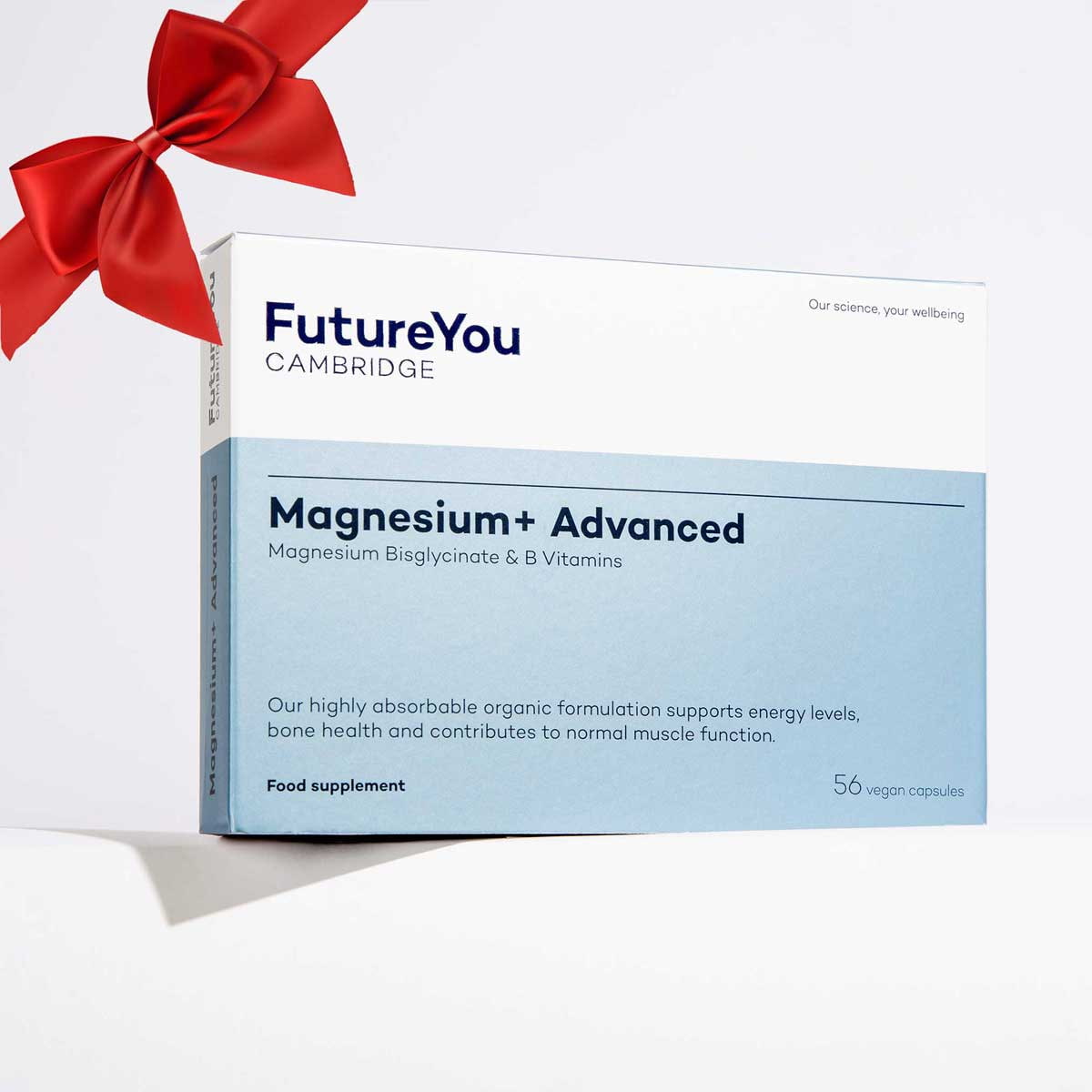
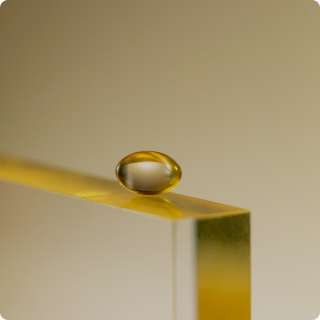
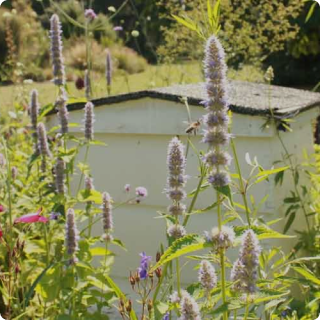
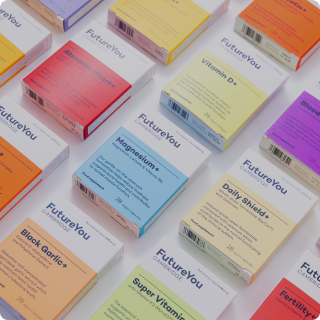

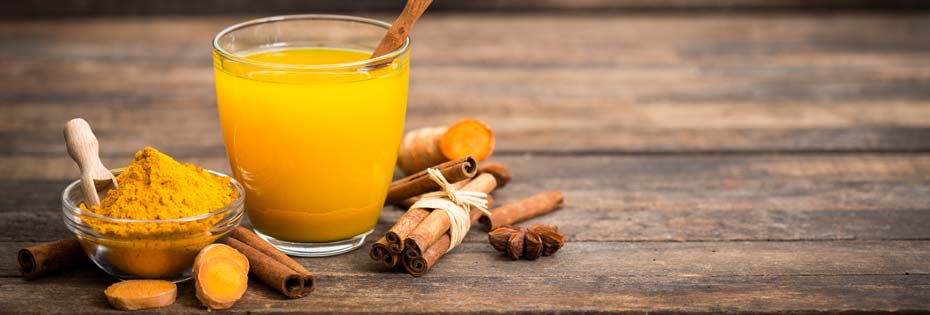


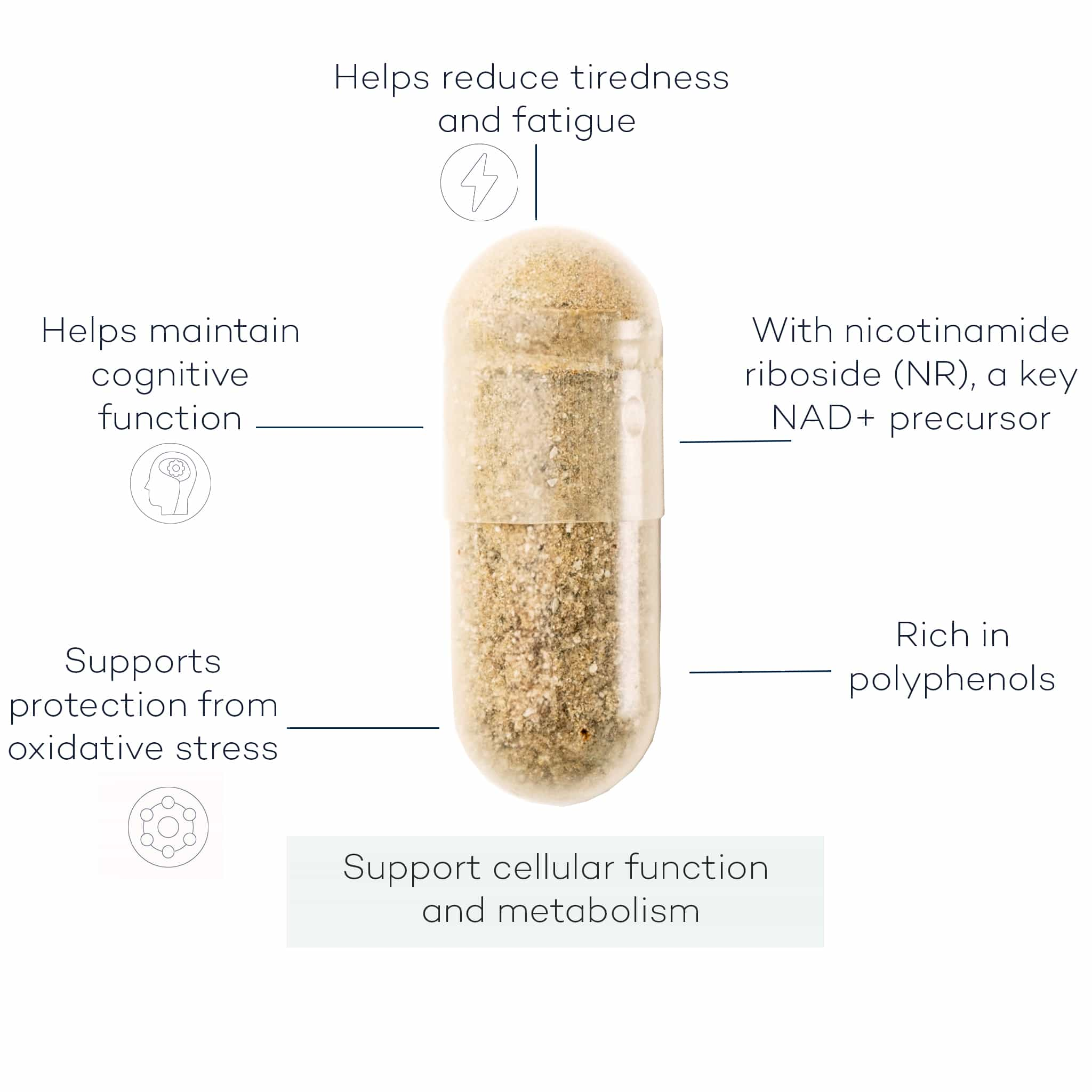
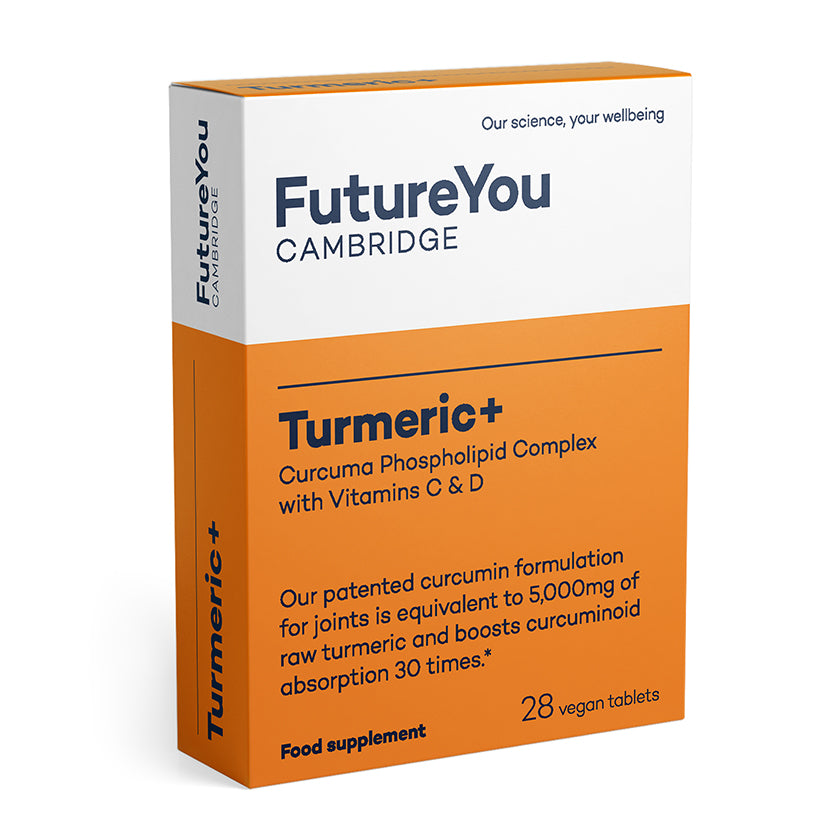
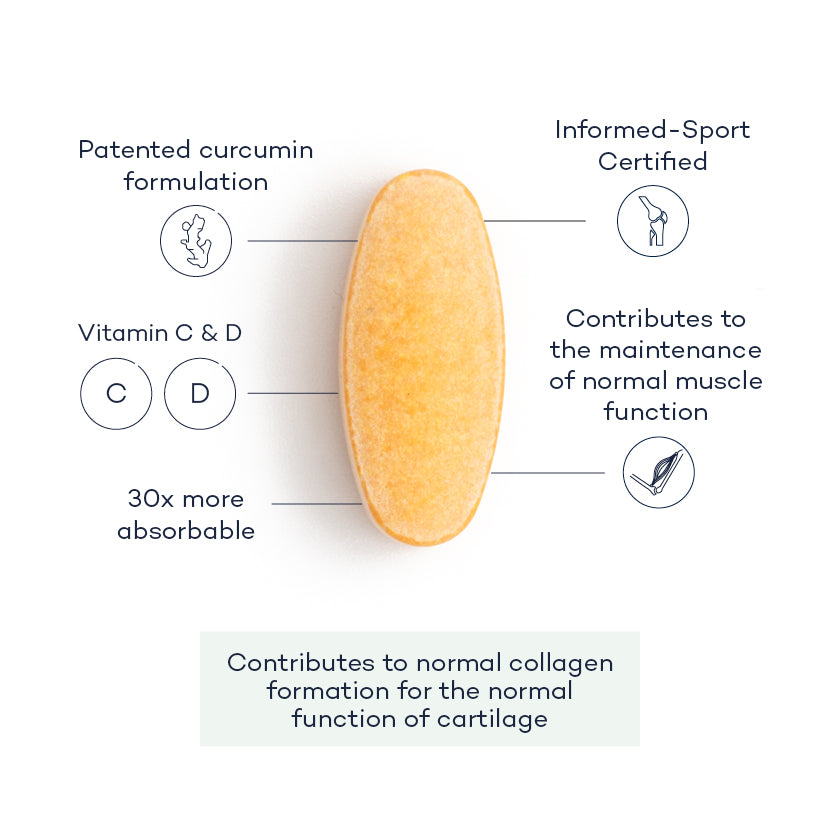
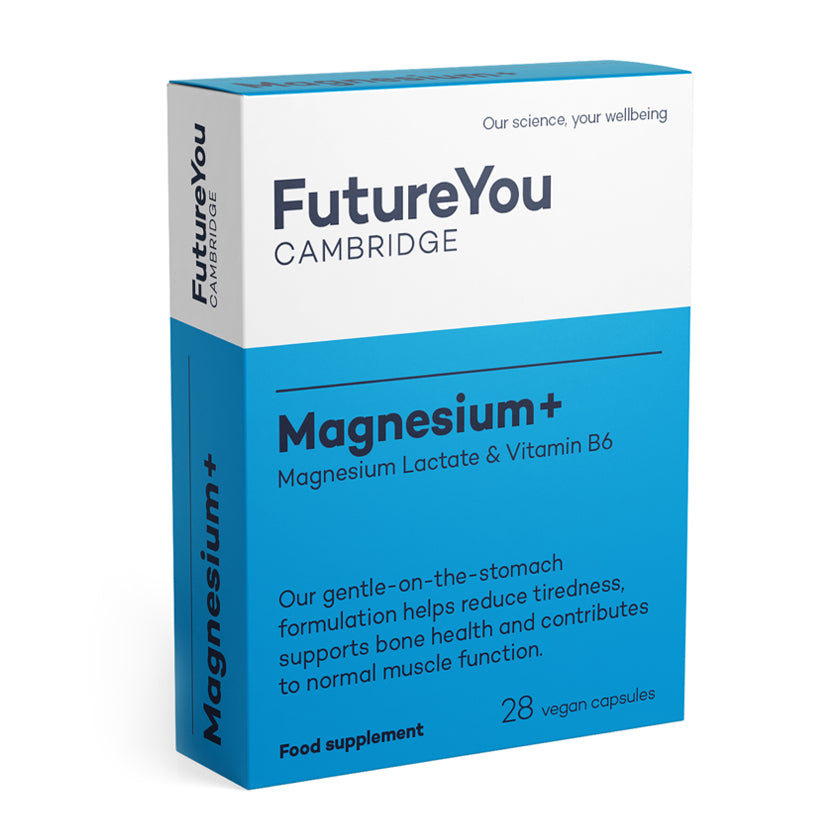
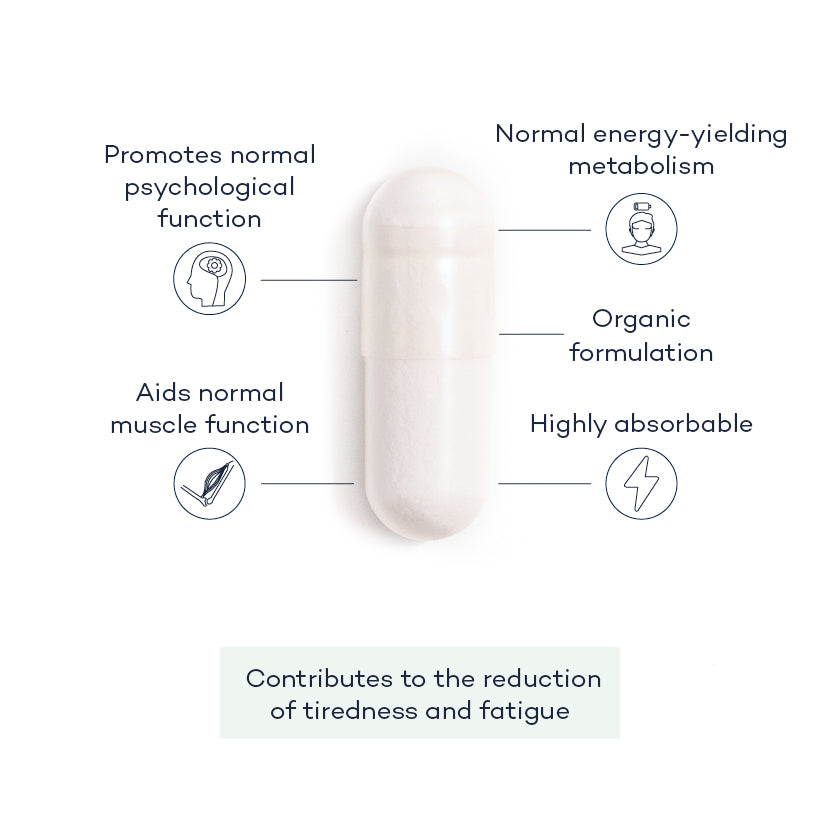
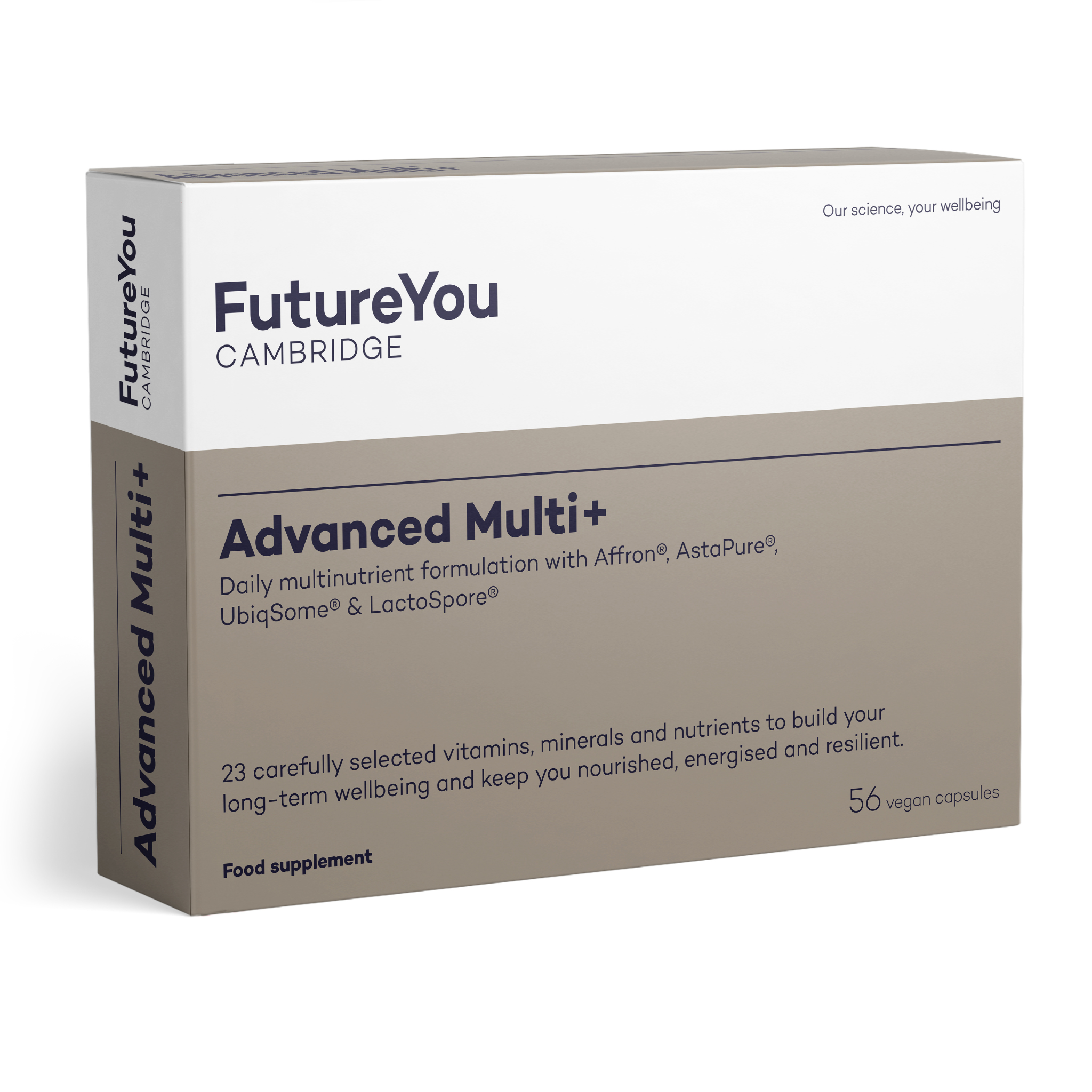
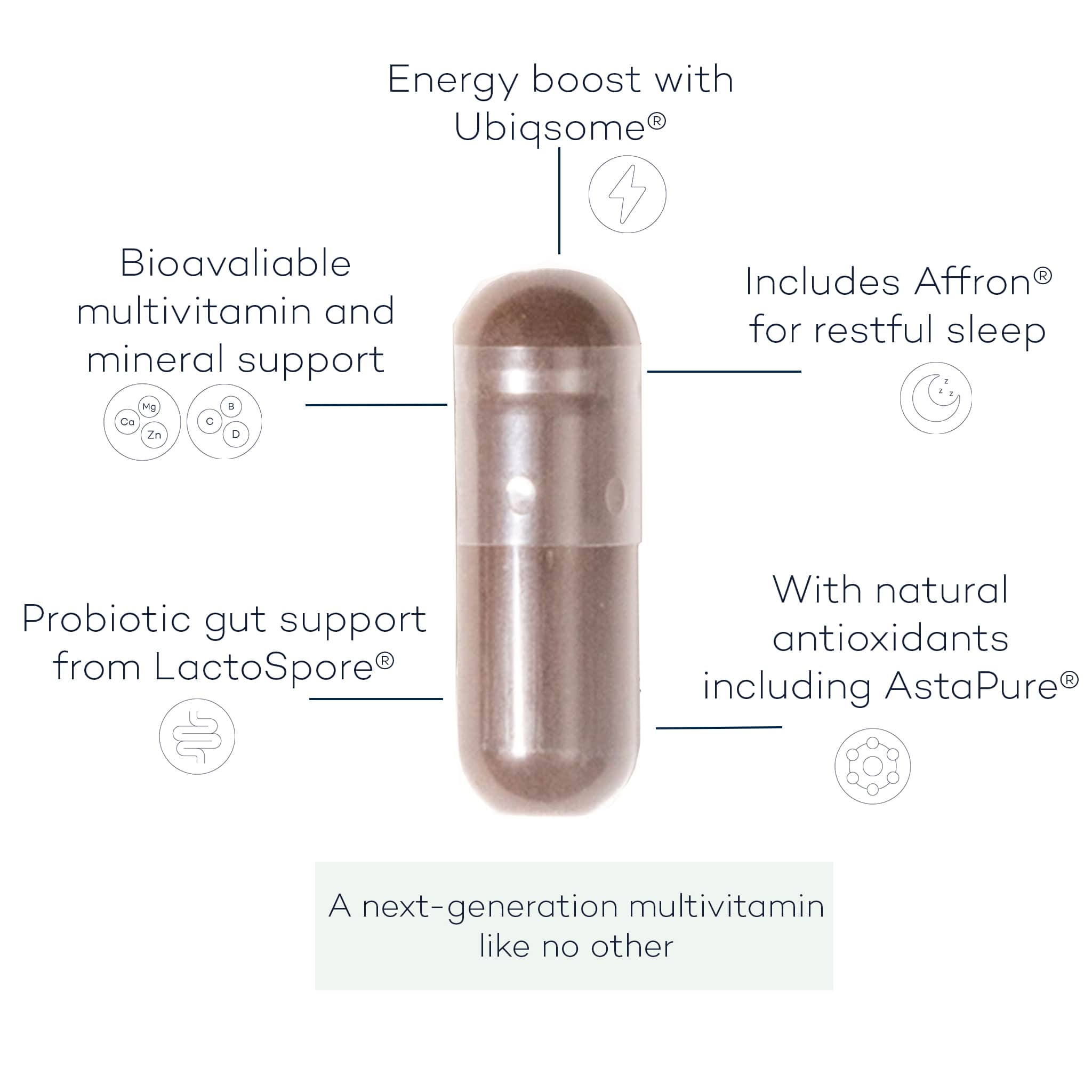
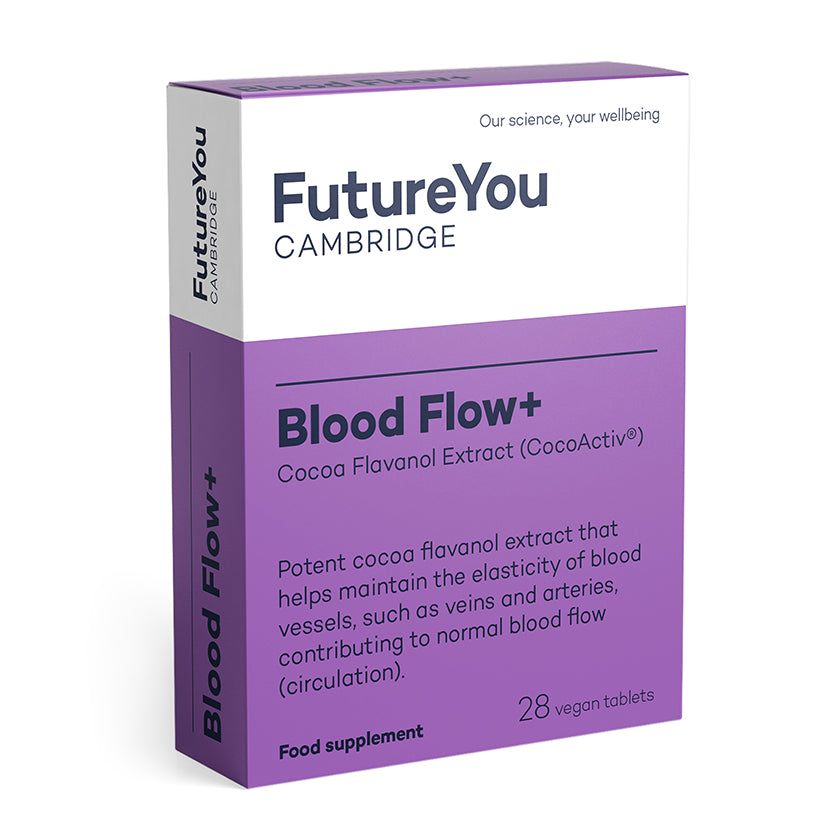
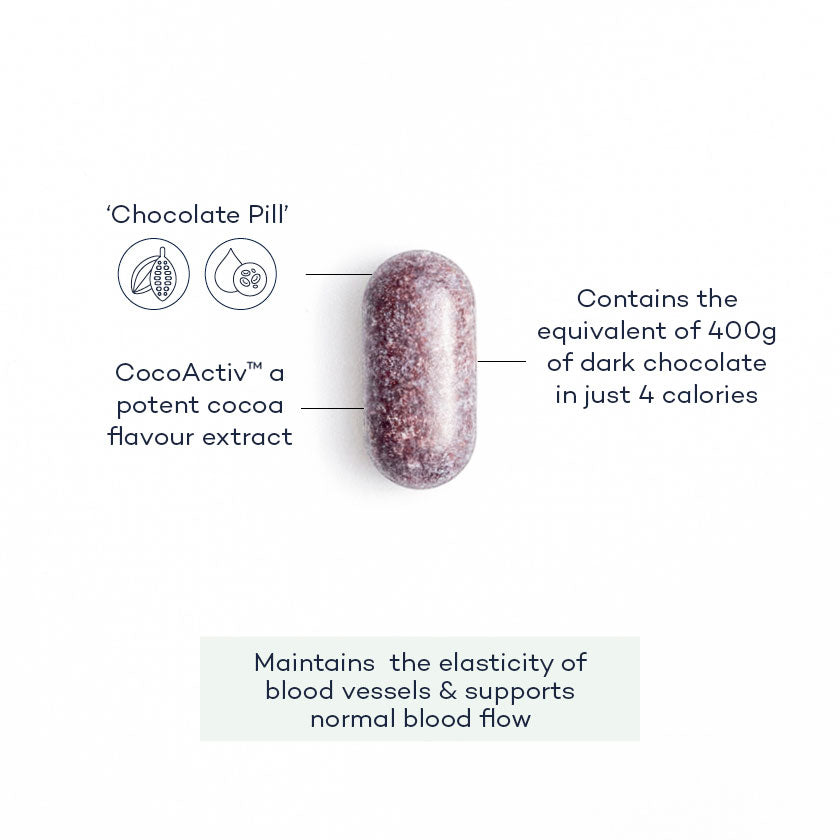
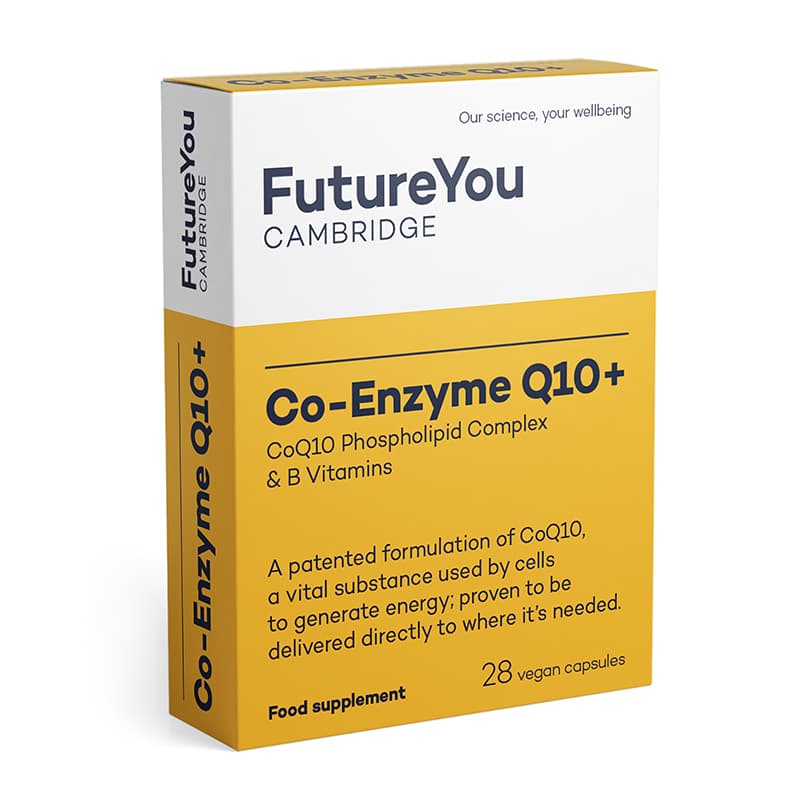
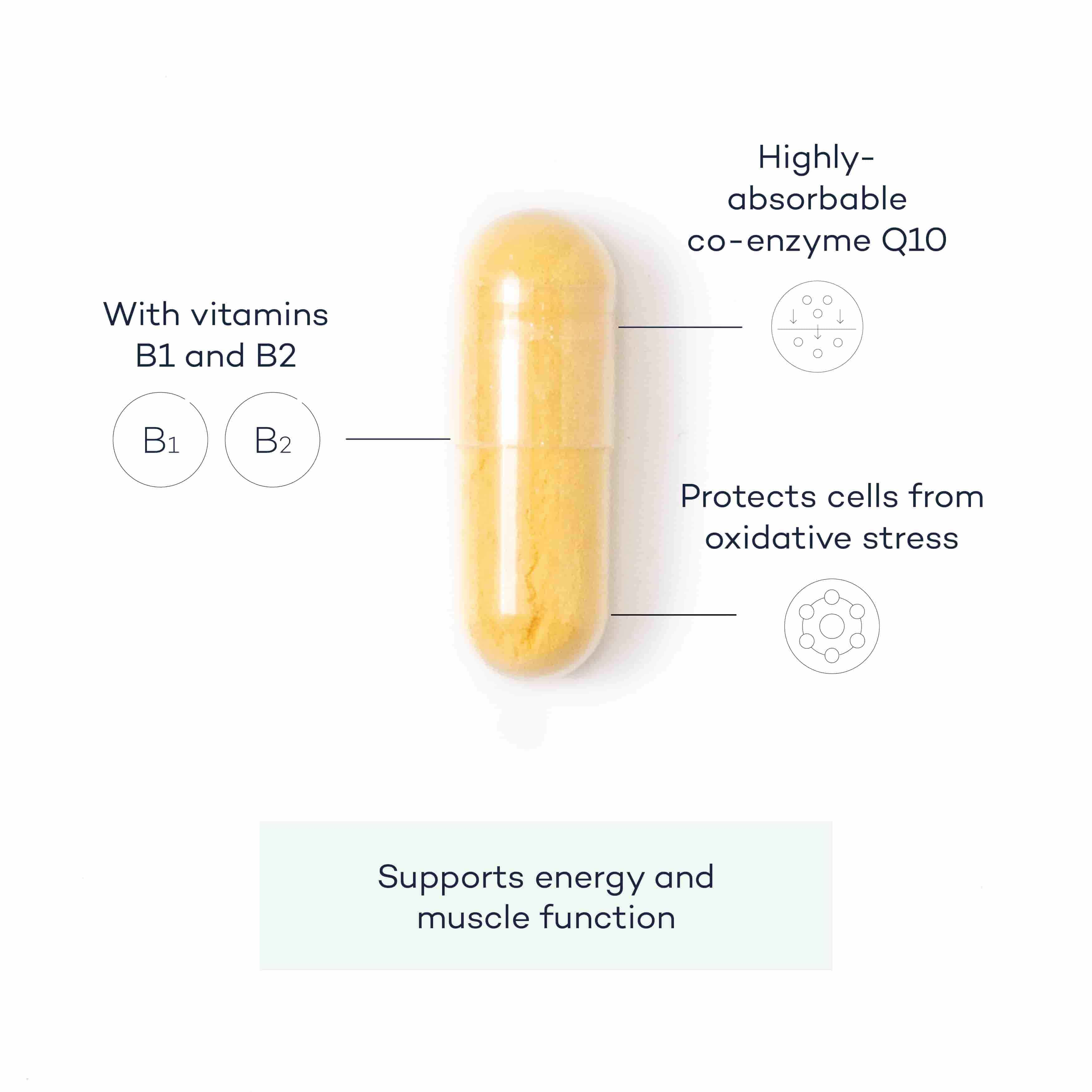
Leave a comment
All comments are moderated before being published.
This site is protected by hCaptcha and the hCaptcha Privacy Policy and Terms of Service apply.